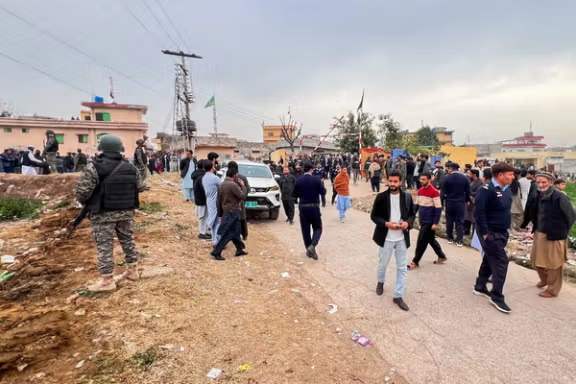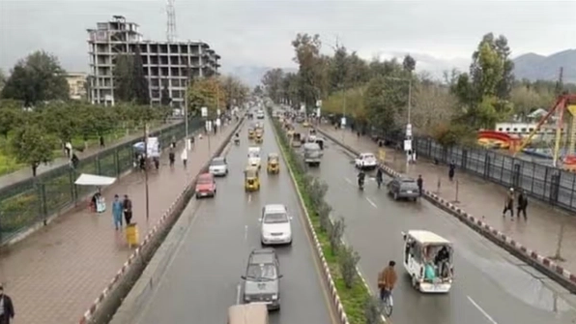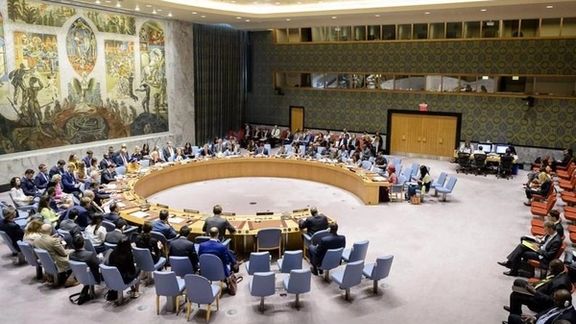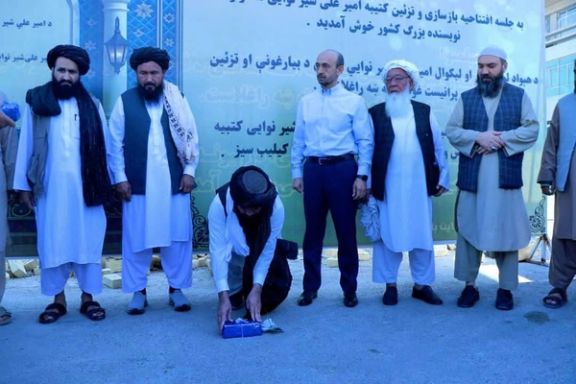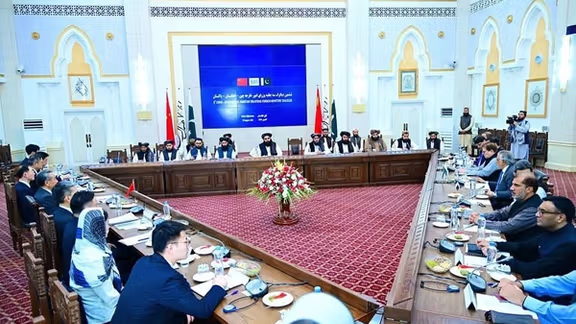Mohammad Sadiq, Pakistan’s special envoy for Afghanistan, announced that the foreign ministers of the three sides agreed to cooperate against Tehreek-e-Taliban Pakistan (TTP), Baloch separatists and China’s Uyghur militant groups. All three factions are believed to have ties with the Afghan Taliban, though the group denies their presence inside Afghanistan.
Sadiq said the trilateral meeting focused on strengthening security, economic and political cooperation. Taliban officials confirmed the ministers discussed bilateral relations and common threats.
The ministers also emphasised closer collaboration in trade, transit, regional development, health, education, culture and counter-narcotics. They voiced support for extending the China–Pakistan Economic Corridor (CPEC) into Afghanistan.
Chinese Foreign Minister Wang Yi said Beijing sought to deepen trust with Afghanistan and expand cooperation in trade and agriculture. He urged the Taliban to take stronger action against militant groups, stressing that security was essential for economic initiatives to succeed.
According to the Taliban foreign ministry, Wang also said China would take “practical steps” this year to begin developing Afghanistan’s mining sector.
Taliban’s pledge against their own allies
Pakistan’s envoy said the three sides committed “to strengthen joint efforts against terrorist organisations including TTP, BLA, ETIM and other regional and international terrorist outfits.”
Islamabad has long voiced concerns over the presence of TTP militants in Afghanistan and accused the Taliban of sheltering its opponents. Following a deadly attack on the Jaffar Express train in Balochistan, Pakistan accused the Taliban of colluding with India to support Baloch separatists, who claimed responsibility.
China, meanwhile, has pressed the Taliban to address Beijing’s security concerns, particularly regarding the East Turkestan Islamic Movement (ETIM).
The Taliban maintain, however, that Afghan soil poses no threat to any country.

